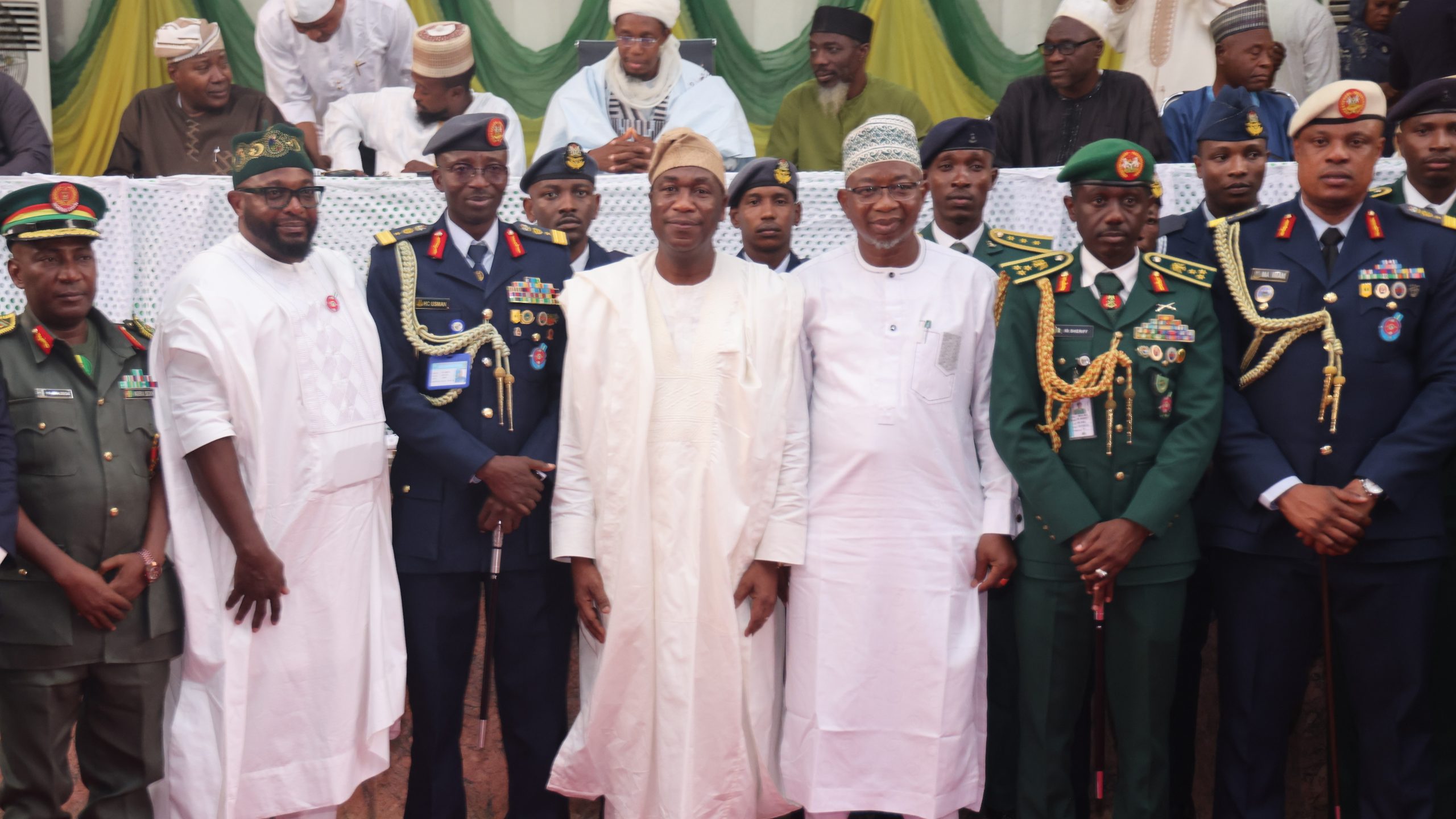Ambassador Olufemi Ajadi Oguntoyinbo, a chieftain of the New Nigeria People’s Party (NNPP) and former Ogun State governorship candidate, has criticised the visa application procedures of the United States Embassy in Nigeria following the rejection of his own application.
Ajadi, who spoke to journalists on Monday in Abuja after being denied a visa, described the process as lacking transparency and accountability. He questioned the embassy’s refusal to provide specific reasons for denying applications, despite collecting full application fees from Nigerians.
“The American Embassy collects full visa application fees from Nigerians without providing any opportunity for appeal,” he said. “The embassy merely issues a piece of paper to denied applicants — a document many people do not understand. We are not lawyers, so a refusal letter filled with legal jargon is not sufficient to explain the reason for the denial. The specific reason for the refusal should be clearly stated, rather than issuing a generic document to all rejected applicants. There should also be an avenue for immediate appeal, as both America and Nigeria are democratic nations, not dictatorships.”
Ajadi’s comments follow his own experience at the U.S. Embassy, where he said his business-related visa application was rejected without what he considered a clear explanation. He said his travel plans were for scheduled meetings and property investments through his real estate company, a subsidiary of Bullion Go-Neat Global Limited, which also operates in entertainment, hospitality, sports promotion, and manufacturing.
“I did not apply for a visa as a joke. I have business commitments and legitimate reasons for travel,” he said.
Under U.S. immigration law, specifically Section 214(b) of the Immigration and Nationality Act, consular officers can deny a visa application if the applicant does not demonstrate sufficient ties to their home country. Ajadi argued that the questions asked during his interview did not address this requirement and said the embassy failed to present evidence supporting the application of that section in his case.
“I am asking the consular officer to provide evidence that I do not meet the requirements stated under Section 214(b),” he said. “The questions I was asked during the interview did not even align with the law they claim to apply.”
He also raised concerns about the cost of the process, noting that many Nigerians pay non-refundable fees in excess of ₦200,000, only to be denied a visa without any chance to contest the decision.
“When the United Kingdom denies you a visa, it gives you a clear reason. But the American Embassy gives a generic letter and keeps your money,” Ajadi said.
He noted that access to visa appointments has become increasingly difficult for ordinary Nigerians, alleging that third-party agents now act as middlemen, charging applicants extra fees to secure interview slots.
“Ordinary Nigerians can’t book appointments directly anymore. They have to pay agents who charge extra. It’s become a gambling game. The system is broken,” he said.
Ajadi proposed that the U.S. review its fee policy, suggesting that applicants be charged only a minimal administrative fee prior to approval, with the full fee payable only if the visa is granted.
“With due respect, sir, President Trump, I’m one of your strong supporters. Please champion a law that mandates all U.S. embassies not to collect full visa fees until a visa is approved. They should only charge a minimal administrative fee, say ₦50,000,” he said.
He also urged President Bola Ahmed Tinubu to take up the issue with foreign missions in Nigeria, calling for new policies that reduce financial burdens on citizens seeking to travel.
“Mr. President, we need a new policy. Only successful applicants should pay the full visa fee. The rest should only pay a minimal processing charge. It’s unfair to make Nigerians spend as much as one million naira on a visa that was never going to be granted,” he said.
Ajadi, who leads the All Youths Reoriented Initiative of Nigeria (AYRION), called on civil society groups and non-governmental organisations to push for reforms at foreign embassies.
“As the President of AYRION, and a non-governmental organisation, I’m calling on NGOs to rise and demand fairness. If America, as the world’s leading democracy, can fix this, other embassies will follow,” he said.
The U.S. Embassy has not responded to Ajadi’s remarks as of the time of filing this report.






